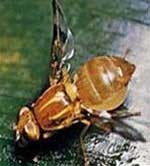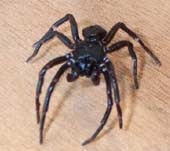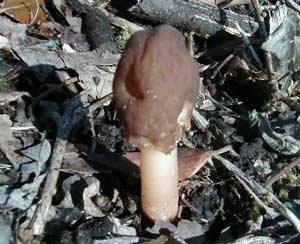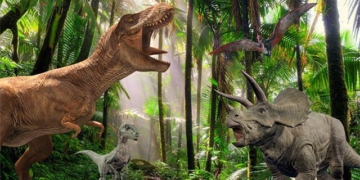Many people cannot imagine starting their workday without a cup of coffee. And caffeine may not just be a simple stimulant. It helps a person focus on the tasks they need to complete. It turns out that this effect is similar for bees as well.
Previous studies have shown that bees prefer to seek out flowers that have been “baited” with caffeine. However, there was a hypothesis that bees were merely chasing after a stimulant they enjoy.
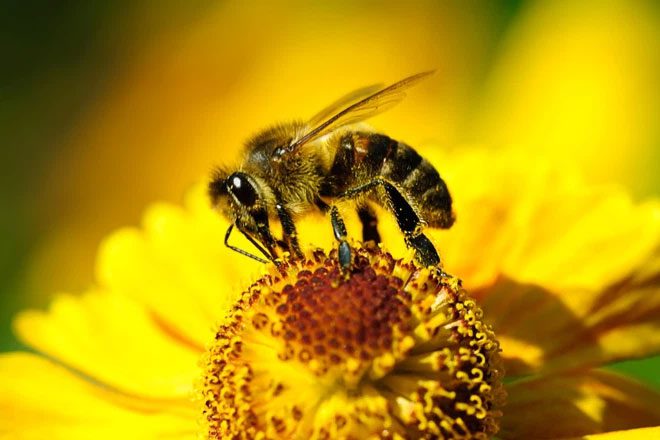
Bees prefer to seek out flowers that have been “baited” with caffeine.
A recent study was conducted to gain a better understanding of the impact of caffeine on bees. Do bees target a stimulant they crave, or can caffeine actually enhance their memory of specific flowers, making them more effective at collecting nectar from those flowers?
“When you give bees caffeine, they don’t just fly in a loop, but they seem more motivated and work more efficiently,” said Sarah Arnold, the lead author of the new study. “We wanted to see if providing caffeine helps their brains create a positive association between certain flower scents and rewards.”
Therefore, instead of mixing caffeine into the target flowers, researchers administered caffeine to the bees directly at their hive, similar to how we might enjoy a cup at home before heading to work. The experiment combined caffeine with a strawberry-scented sugar solution.
The scientists planned to test whether bees that tasted caffeine would better target artificial flowers with the same strawberry scent. For comparison, a second group of bees was given the same strawberry solution without caffeine, and a third group received an unscented sugar solution.
Released in a testing environment with two types of artificial flowers, the bees that had a caffeine breakfast preferred to visit the strawberry-scented flowers in greater numbers compared to the other bees. Specifically, this preference reached up to 70%, while fewer than 45% of the bees that only consumed sugar targeted the strawberry-scented flowers.
The researchers also noted that the caffeine-infused bees improved their flower visitation speed compared to the other groups. While the study did not specifically explore the effects of caffeine on the bees’ motor skills, the researchers hypothesized about caffeine’s potential to enhance foraging efficiency and motivation.

Drinking coffee each morning can help humans stay alert and focused on their work.
As for humans, caffeine has been found to affect memory acquisition. But this is the first evidence of its ability to enhance bee behavior. Researchers say these findings could be significantly valuable to beekeepers.
Currently, many farms manage large numbers of pollinating bees each year. However, a recent study showed that only about a quarter of those bees visit the correct target crops, while the majority get distracted by nearby wildflowers. Arnold suggests that using caffeine to lure bees to focus on a specific crop could benefit both farmers and the surrounding natural ecosystem.
“We leave wildflower resources for wild bees, and beekeepers will get more value for their money spent on hives,” Arnold said. “It’s a win-win solution for everyone.”
The new study was published in the journal Current Biology.








































